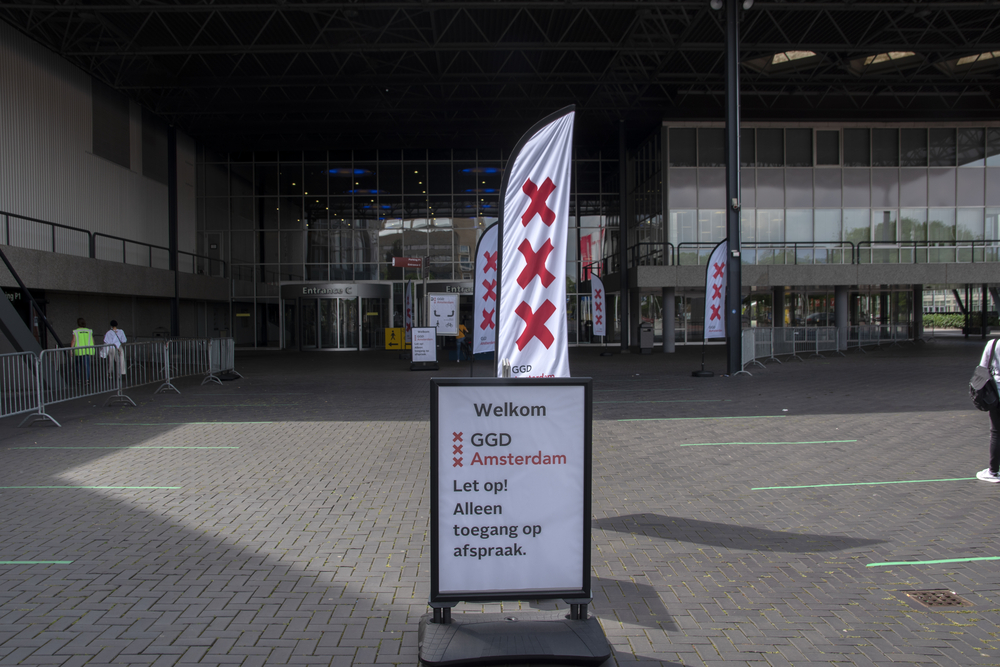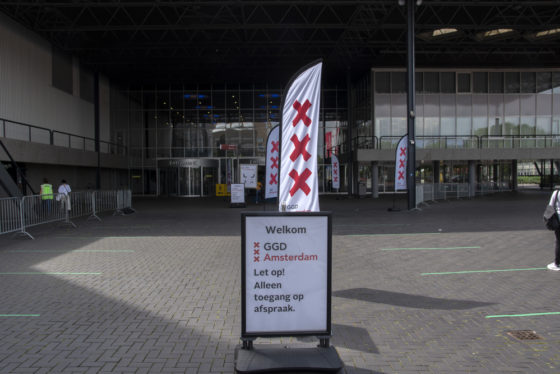Coronavirus infections appear to be stabilising, RIVM says


The number of positive coronavirus tests in the Netherlands was unchanged over the last week when compared with the previous seven days, public health institute RIVM said in its latest weekly round-up on Tuesday.
In total, 155,000 positive tests were registered in the week up to Tuesday morning, compared with 154,000 in the previous week. Some 30,000 more people were tested.
The RIVM said it would appear that the infection rate is now stabilising, a consequence of the limited measures taken to reduce the spread of the virus in mid November. Last week, the number of positive tests was up 39%.
Although there is pressure on the testing centres and people are having to wait before they can book a test in some places, the actual infection rate does seem to be coming down, the RIVM said.
The key R ratio was 1.05 on November 15, compared with 1.21 a week before which means carriers are infecting fewer people. The figure can only be calculated accurately with a two-week time lag.
The RIVM also said 21.4% of tests are proving positive, compared with 22.2% last week, another indication that the spread may be slowing.
Children
Children remain the biggest group to catch coronavirus. Youngsters aged five to 14 accounted for nearly 27% of all positive tests last week but the infection rate among older people is stabilising.
Southern parts of Limburg still have the highest number of positive cases per head of the population, followed by Zeeland and Limburg Noord.
Hospitals
The RIVM said it expects it will still be one or two weeks before the impact of reduction in positive tests is felt in hospital admissions, although hospital admissions too are slowing. Last week, there was an 2% rise in hospital admissions and 22% increase in the number of IC patients being taken to hospital, according to figures from the NICE foundation.
There are now 2,845 people with coronavirus in hospital, of whom 595 are being treated in intensive care. At the height of the second wave, 841 people were being looked after in an intensive care ward.
Dutch healthcare institute NZa said on Tuesday that one in three Dutch hospitals have now called off all non essential operations and almost all have stopped routine procedures such as knee and hip operations.
A further 24 hospitals now say that some critical care, such as heart operations and cancer treatments, are being delayed.
Thank you for donating to DutchNews.nl.
We could not provide the Dutch News service, and keep it free of charge, without the generous support of our readers. Your donations allow us to report on issues you tell us matter, and provide you with a summary of the most important Dutch news each day.
Make a donation